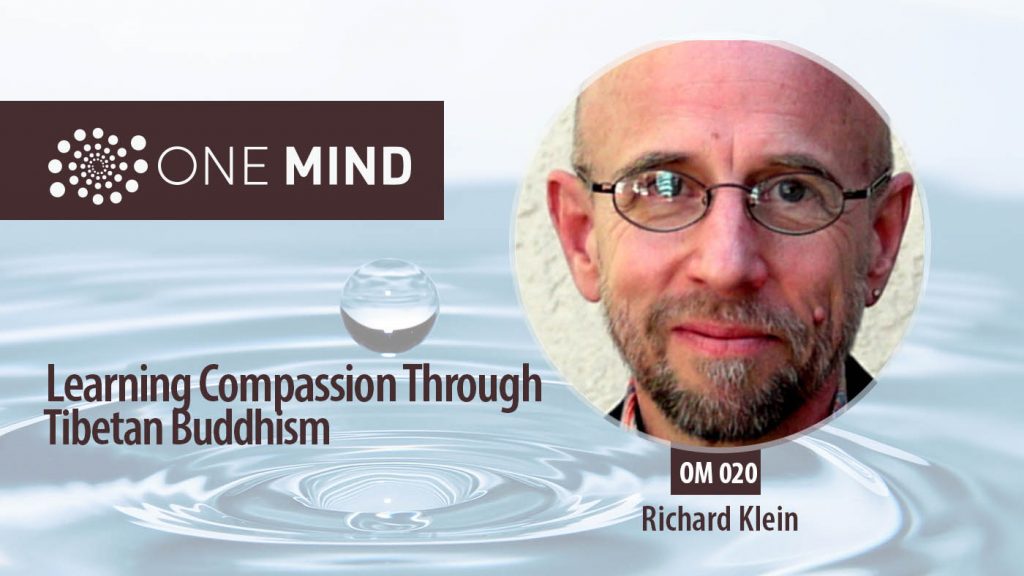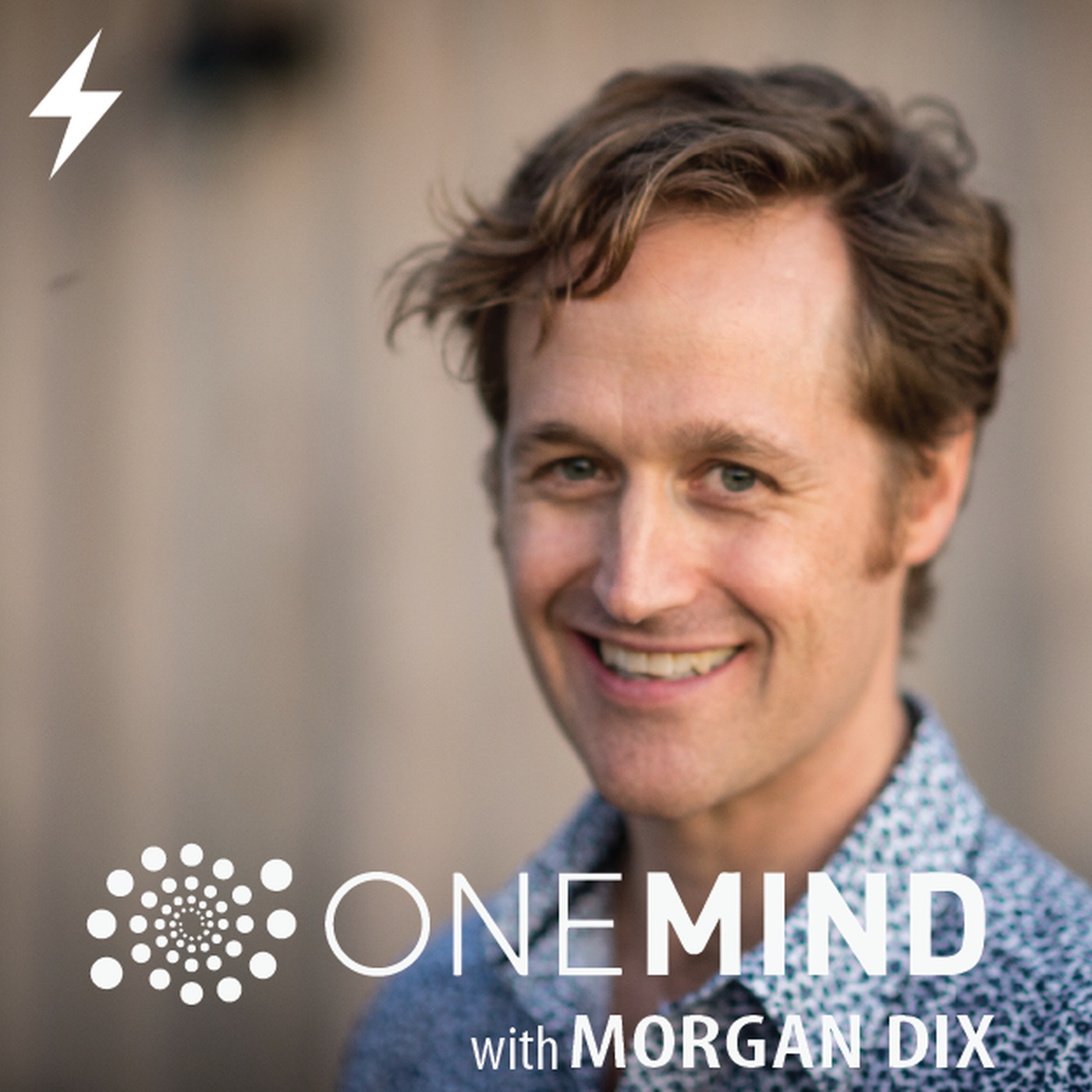
How do you learn compassion? Can meditation teach you? Or does it have to come from your own suffering? Maybe a combination of both?
I know well how my own experiences of a broken heart have pierced the veil of selfishness and opened me to the needs, pain, and suffering others. But do we have to live with a broken heart to recognize and care deeply about others and our world?
Compassion & Your Brain
 One thing's for sure, our world needs a whole lot more compassion. And now a mounting pile of scientific evidence is lending weight to an assertion that monks and nuns from many traditions have made for centuries—the key to happiness is not in getting for ourselves but in giving to others with a compassionate heart.
One thing's for sure, our world needs a whole lot more compassion. And now a mounting pile of scientific evidence is lending weight to an assertion that monks and nuns from many traditions have made for centuries—the key to happiness is not in getting for ourselves but in giving to others with a compassionate heart.
One brain imaging study even showed that the pleasure centers of our brain that light up with sex, dessert, and money are just as stimulated when we watch someone give money as when we receive money ourselves. Another study showed that giving and generosity is contagious.
How Do You Cultivate Compassion?
 On the whole, we Westerners are driven by achievement, competition, wealth, and recognition. You don't have to look too far to see that we haven't yet tapped into the extraordinary power of compassion to change our lives and our world for the better.
On the whole, we Westerners are driven by achievement, competition, wealth, and recognition. You don't have to look too far to see that we haven't yet tapped into the extraordinary power of compassion to change our lives and our world for the better.
So where do we begin? How do we start to elevate our motivations and root ourselves (and our relationships) in a truly compassionate center of gravity?
In this episode of the OneMind Meditation Podcast, we explore this all-important topic of compassion with Tibetan Buddhist and long-time meditator Richard Klein. Richard has practiced meditation for several decades and trained in many traditions.
More recently, he started practicing Tibetan Buddhism and found himself moved and compelled by the "huge" emphasis they place on cultivating compassion. In this interview, Richard and I explore the role that meditation plays in the process and practice of Tibetan Buddhist meditation.
In this interview, Richard and I explore Tibetan Buddhist meditation and:
- The kinds of inner constraints you can transcend through meditation and silent retreats
- How Richard's bar mitzvah training foreshadowed his spiritual life
- The definition of Dzogchen
- The difference between Dzogchen meditation and mindfulness meditation
- Nondual meditation practice
- Why the Tibetans say that the fundamental nature of the Mind is empty like the sky
- Integral Theory and different lines of human development
- Why (and how) Tibetan Buddhism puts such a huge emphasis on the development of compassion
- Why it’s important to actively respond to the negative voices in our heads through spiritual practice
- How meditation keeps you from staying locked in the experience of thought and feeling
- How meditation opens up a precious space within you
- Why compassion is so important for self, other, and the world

Show Notes
- Tibetan Book of Living and Dying by Sogyal Rinpoche
- A Theory of Everything by Ken Wilber
- The Integral Vision by Ken Wilber
>If you enjoyed this podcast, you may also like our Meditation for Life Mini Course
>Learn more about our free awareness meditation course, How To Free Your Mind & Discover Deep Peace
>Take a self-paced orientation to Meditation and explore the How To Meditate Core Training Program
(Photos Via Flickr: Ronai Rocha, Aaron Alexander, Susan von Struensee)
thanks for all the inspiring information…deeply appreciated in love and peace …great interview…
Thanks so much for your comment Valerie. Really happy you enjoyed the interview with Richard. 🙂